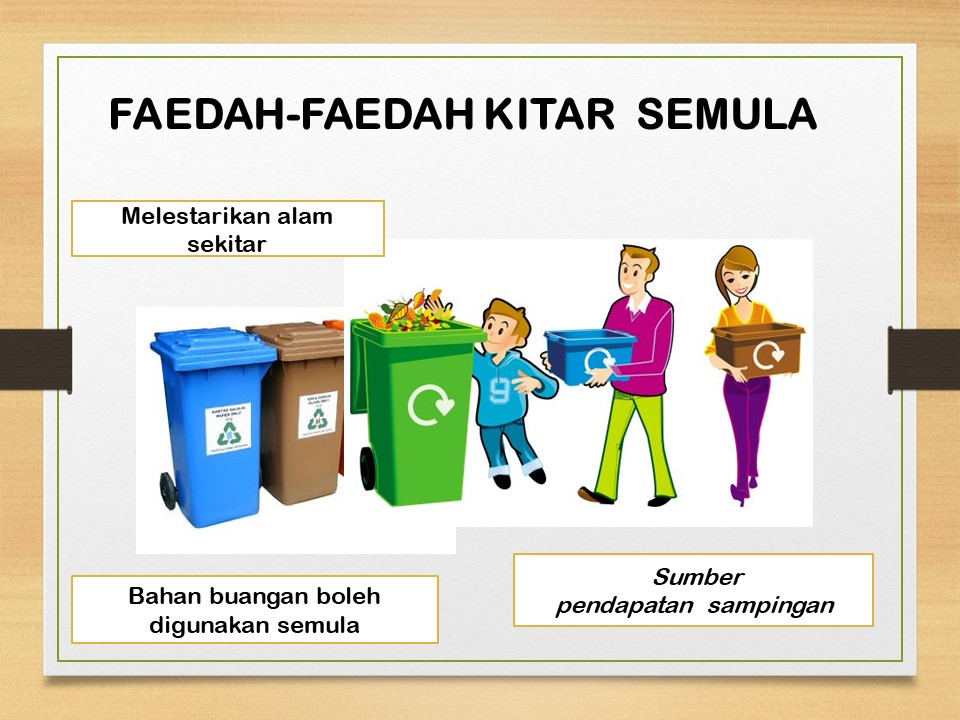Let's be honest, sometimes looking at the state of our planet feels a bit like staring into the abyss of a recycling bin that's overflowing with things that shouldn't even be there. We're all told to recycle, but what happens when the system itself seems broken? The truth is, successful recycling isn't as simple as chucking your empty yogurt container into a blue bin and hoping for the best.
The journey of a plastic bottle, from your hands back to something useful, is more complicated than you might think. There are roadblocks at every turn, from confusion about what can actually be recycled to contamination issues that can derail the entire process. It's like trying to bake a cake with ingredients that don't quite mix—you might end up with a sticky mess instead of a sweet treat.
But hold on, before we all descend into a spiral of eco-despair, let's remember one important thing: the power to fix this rests partly in our hands. That's right, yours and mine. We're not just passive participants in this system; we have a say in how it works, and more importantly, how well it works.
Think about it this way: every piece of plastic, glass, or paper we recycle correctly is a small victory in the fight for a healthier planet. It's a vote for conservation, for resource management, and for a future where landfills aren't overflowing with things that could have been given a second life.
So, how do we transform our recycling habits from well-intentioned but often misguided attempts to actions that actually make a difference? It starts with understanding the challenges, embracing the solutions, and remembering that even small changes can ripple outwards to create a significant impact. Ready to roll up your sleeves and get to work? Let's dive in.
One of the most significant hurdles we face is the lack of standardized recycling practices. Imagine traveling to a different city and finding out their recycling rules are completely different. Confusing, right? This inconsistency leads to contamination and ultimately, wasted resources. We need a unified approach, where the meaning of those chasing arrows is crystal clear, regardless of your zip code.
Another major challenge is the sheer volume of waste we generate. It’s like trying to fill a bathtub with the faucet running at full blast while the drain is only slightly open. We need to turn off the tap by reducing our consumption habits and opting for reusable alternatives whenever possible.
The good news? Overcoming these challenges is entirely within our reach. By supporting companies committed to sustainable practices, advocating for stricter regulations, and most importantly, educating ourselves and others, we can pave the way for a more efficient and effective recycling system.
In conclusion, the path to effective recycling is paved with both obstacles and opportunities. It demands a shift in perspective, a commitment to learning, and a willingness to embrace new habits. But the reward, a cleaner, healthier planet for current and future generations, is well worth the effort. So, the next time you toss something in the recycling bin, remember this: it's not just about getting rid of trash; it's about taking responsibility for our collective footprint and actively shaping a more sustainable future.
langkah mengatasi masalah kitar semula - Trees By Bike
langkah mengatasi masalah kitar semula - Trees By Bike
langkah mengatasi masalah kitar semula - Trees By Bike
Kelab alam sekitar e - Trees By Bike
langkah mengatasi masalah kitar semula - Trees By Bike
Contoh karangan rencana spm - Trees By Bike
langkah mengatasi masalah kitar semula - Trees By Bike
langkah mengatasi masalah kitar semula - Trees By Bike
langkah mengatasi masalah kitar semula - Trees By Bike
langkah mengatasi masalah kitar semula - Trees By Bike
BM PERALIHAN KEBAIKAN ALAM SEKITAR.pptx - Trees By Bike
langkah mengatasi masalah kitar semula - Trees By Bike
langkah mengatasi masalah kitar semula - Trees By Bike
Contoh Karangan Pencemaran Alam Sekitar Tingkatan 1 Contoh Karangan - Trees By Bike
langkah mengatasi masalah kitar semula - Trees By Bike














